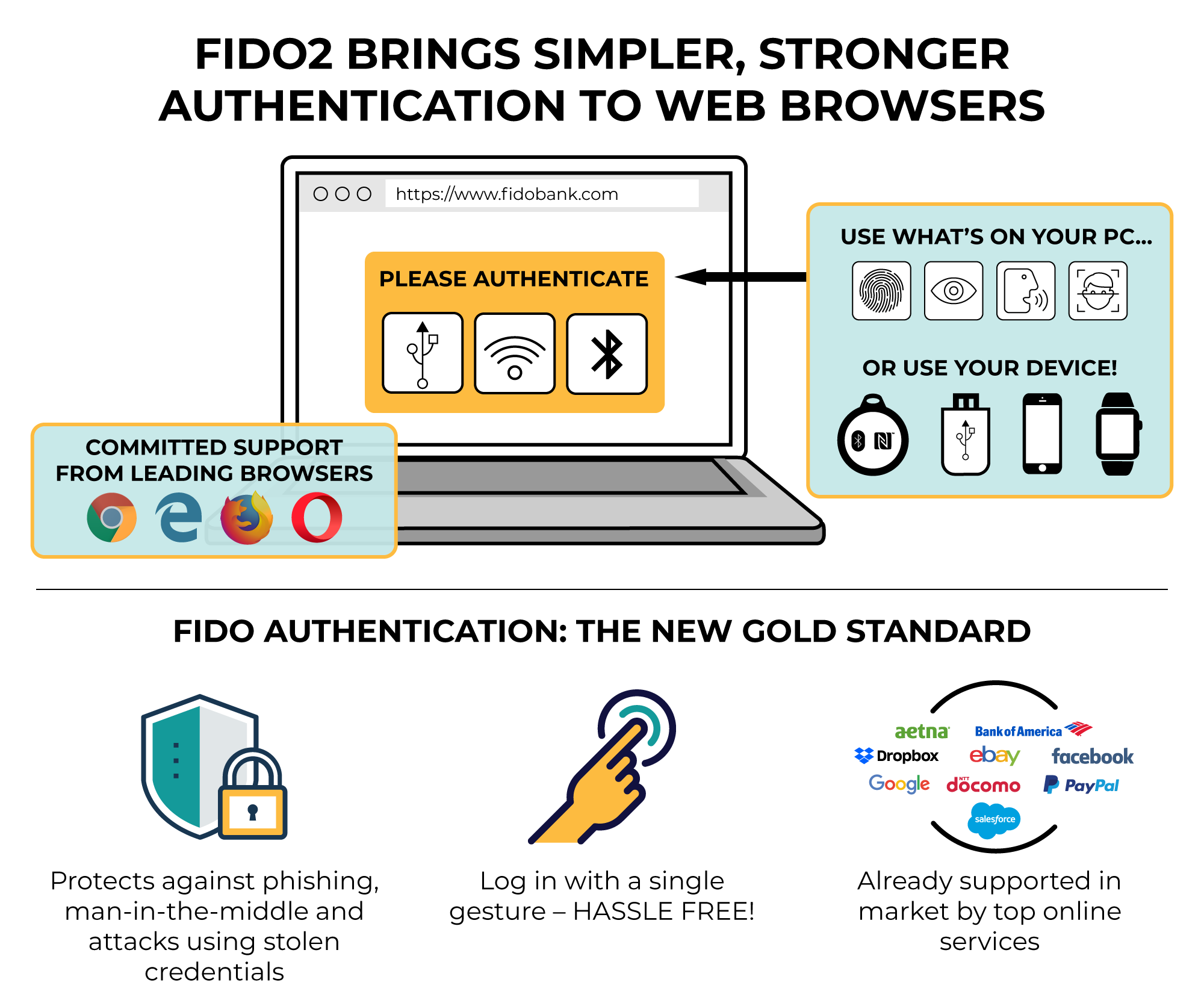

Many enterprise passwordless authenticators already hold FIDO private keys, but the announcement extends this to imply that the passkeys are managed by the device platforms themselves, that they are universal across the vendor’s platforms and portable across multiple devices. To make a complicated story simple, the passkey turns a smartphone itself into something akin to a FIDO security key, and uses the iCloud device chaining concept to create portability of the FIDO private key that is stored securely in an Apple device. In fact, its announcement of a “passkey” feature last year at its WWDC was arguably a more innovative step than we’d seen from Google and Microsoft when it comes to end-to-end seamless interoperability. Those that follow the space would know that Apple was the last of these big 3 vendors to join the FIDO initiative in Feb of 2020, but it’s been impressive how fast it’s made-up ground since then. As backdrop, the announcement was an extension of support for the FIDO passwordless standard that all the players already supported. Let me start by explaining the referred to precedent first. What is the significance of this announcement? This was a meaningful announcement because 1) it’s not often these 3 big power players get together and agree on anything, and 2) there is a clear precedent to what was announced such that real products may be available soon that demonstrate the promise of the standard for the average consumer. Last week, just before World Password Day on Cinco de Mayo (I’ll admit there were two reasons to celebrate on that day), Apple, Google and Microsoft jointly announced their intention to further extend their support for the FIDO passwordless standard. It does not store any personal data.Parsing through the Apple, Microsoft and Google announcement related to enhanced FIDO standard support The cookie is set by the GDPR Cookie Consent plugin and is used to store whether or not user has consented to the use of cookies.

The cookie is used to store the user consent for the cookies in the category "Performance". This cookie is set by GDPR Cookie Consent plugin. The cookie is used to store the user consent for the cookies in the category "Other. The cookies is used to store the user consent for the cookies in the category "Necessary".

The cookie is set by GDPR cookie consent to record the user consent for the cookies in the category "Functional". The cookie is used to store the user consent for the cookies in the category "Analytics". These cookies ensure basic functionalities and security features of the website, anonymously. Necessary cookies are absolutely essential for the website to function properly.


 0 kommentar(er)
0 kommentar(er)
